The Weekly Anthropocene, June 18 2025
The UN Ocean Conference, a historic step from Tonga, rhinos in Rwanda, temple trees in China, Greece's rapid renewables shift, Finland's sand battery, penguin poop, kelp farms, wolf packs, and more!
The Big Picture: Earth’s Oceans
A historic UN Ocean Conference was held in Nice, France from June 9 to June 13, 20251, and a lot of amazing progress happened!
The High Seas Treaty (aka BBNJ Agreement) provides a first-ever legal framework for creating marine protected areas in international waters. It’s been signed by 136 countries but only gains legal force once 60 countries ratify the treaty. This conference led to a flood of dozens of new ratifications, notably including the EU and Indonesia! 50 countries have now ratified it, and another 15 (including the UK) have now committed to the ratification, meaning it will likely enter into force by January 2026! A historic win.
French Polynesia announced the world’s largest-ever MPA, strictly protecting a vast area of 1.1 million (1,100,000) km2 in their Pacific EEZ — twice the size of continental France!
Tanzania announced 1,300 km2 of new MPAs in the waters around Pemba Island.
95 countries (including all 27 EU members) pledged their support for a proposed legally binding international treaty to limit plastic pollution.
More than 100 countries have agreed to work to reduce subsidies for harmful forms of fishing like bottom trawling.
11 nations signed a commitment to safeguard vital climate-resilient coral reefs with the best chance of surviving the changing waters of the Anthropocene, using new tools such as the global MERMAID mapping, data, and AI analysis platform.
Scientists unveiled a new Starfish global barometer of ocean health.
As Earth’s marine ecosystems struggle with record-high heat waves, menacing ocean acidification, plastic pollution, and other threats, conservation is more important than ever to give wildlife the time and space for a chance to evolve and adapt. Much of the world is now stepping up to meet the moment!
Tonga
In a seismic rights of nature surprise announcement at the Nice UN ocean conference, the Pacific archipelago nation of Tonga declared that they plan to soon become the first jurisdiction in history to grant full legal personhood to whales. Draft legislation is underway that would appoint legal guardians to represent cetacean interests in Tongan courts (similar to current norms for human children). The monarchy of Tonga previously created one of Earth’s first whale sanctuaries in 1978.
This is…uh….a BIG DEAL! This newsletter has been hoping for years that some country would take this historic step, (though my guess was that it would be Dominica). Here’s hoping this grows and is remembered as a watershed moment for the expansion of humanity’s moral circle and the dawn of interspecies legal rights!
“The time has come to recognise whales not merely as resources but as sentient beings with inherent rights.”
— Princess Angelika Lātūfuipeka Tukuʻaho of Tonga
Rwanda
In 2023, leading conservation NGO African Parks purchased 2,000 southern white rhinos — about 15% of the entire species! — at the closure of a failed would-be breeding ranch in South Africa. Since then, they’ve been working to rewild them, and they just made their first international translocation, trucking and flying a herd of 70 rhinos to the well-protected Akagera National Park in Rwanda. Superb work!
Indonesia
The government of Indonesia is reportedly strongly committed to powering their country’s development with ever-cheaper clean energy and transitioning away from coal power, even now that international JETP funding to support that is in doubt.
China

A new study found that ancient Buddhist and Taoist temple gardens across China have become havens of rare tree diversity, surviving the turmoil and horrors of the Century of Humiliation, World War II, Civil War, Mao-era famine, and Cultural Revolution. The researchers identified 46,966 individual trees over 100 years old from 534 tree species (including 61 threatened species) in 6,545 temples. Eight tree species now appear to now survive only in temple gardens. Fascinating work!
A Chinese research team has discovered that deactivating the QT12 gene locus in rice, through either gene-editing or selective breeding, results in a higher-yielding rice strain that is also more heat tolerant. Superb work to help feed a warming world!
Greece
In 2014, Greece got about 50% of its electricity from ultra-polluting coal, and about 15% from solar and wind. As of 2024, Greece now gets 43% of its electricity from solar and wind, and just 6%. The Hellenic Republic highlights how fast energy transitions are now happening. One of many such cases in the electrotech revolution!
Finland
The world’s largest-ever sand battery has come online in Finland. This Pornainen project, by Finnish startup Polar Night Energy, uses 2,000 tons of crushed soapstone to store 100 MWh of fuel oil-replacing energy, supplying close to a month’s district heating demand in summer and a week’s demand in winter with each full charge. Great work!
Solar Foods has successfully scaled up production of their cutting-edge microbial protein powder Solein by 100-fold from their pilot facility to their Factory 01. Factory 02 is under construction, and commercialization is well underway! Truly awesome.
Antarctica
A science vessel’s undersea ROV in the Weddell Sea recorded the first-ever live footage of a wild Antarctic gonate squid (Gonatus antarcticus). This squid is blood-red, squirts greenish ink and has large hooks at the end of its tentacles, likely for hunting.
A new study has discovered that poop from penguin colonies is likely helping to cool Antarctica somewhat, helping slow the effects of climate change via an ecological chain reaction. Measurements in 2023 found that the ammonia (NH3) wafting off guano from a colony of over 60,000 Adélie penguins on the Antarctic Peninsula is reacting with dimethyl sulfide2 produced by offshore phytoplankton to produce lots and lots of aerosol particles, spurring the formation of clouds which reflect more sunlight back into space, shading the continent. The geo-biosphere is complex!
United States
While the Senate still debates an utterly horrific and historically imbecilic budget bill that would cripple the nation’s energy production and imperil hundreds of thousands of lives, people across America3 still strive to build a brighter future! And in welcome news, the No Kings Day protests were an epic success of nonviolent resistance!
Researchers are finding that fast-spreading kelp farms in the waters of Maine are both shielding local shellfish from ocean acidification and helping sequester carbon, as the seaweed devours carbonic acid in the water (preventing it from eroding calcium-based shells) and non-harvested parts of the kelp settle in sediment on the seafloor, locking away carbon molecules. Bangs Island Mussels near Portland already grows kelp and mussels together! Check out this writer’s two interviews with kelp farmers!
With three recent deals, U.S. solar developers finalized over $1 billion in new financing to build 1.4 GW of new solar and 1.8 GWh of new battery capacity.
The FDA has approved lab-grown salmon from startup Wildtype for sale in the U.S.! So far, it’s available at only one restaurant in Portland, Oregon, but that’s just a start.
Continuing a streak of epic conservation wins (from dam removals to condor reintroductions!) the Yurok Nation of California has purchased the Blue Creek watershed flowing into the Klamath River, conserving 19,000 hectares of land and stream that provide a vital cold-water refuge for migrating salmon. They’ve been raising the $60 million price since 2002. Restoration will soon begin. Great work!
Three new wolf packs have been recorded in northern California, bringing the total to 10 packs and continuing the species’ epic comeback across the Golden State! Check out this newsletter’s in-depth interview on wolves in California.
The newly built Dixon Trail neighborhood in Escondido, California is a first-ever “wildfire-resilient community,” with flame-resistant gutters, vents, and roofs along with five-foot noncumbustible buffer zones around each of the 64 homes.
On their Arizona reservation, the Gila River Indian Community has shaded 3,000 feet of irrigation canals with solar panel canopies, and they’ll soon start deploying floating solar as another water-conserving and power-generating win-win!
Rising-star advanced geothermal startup Fervo has drilled their hottest, deepest, and fastest geothermal well yet! The Sugarloaf well at their Cape Station project in Utah goes 15,765 feet down, to harvest 24/7 clean energy from 520°F rocks — and it was drilled in 16 days, 79% faster than the industry baseline. Relatedly, they just got $206 million in new investment to build out 500 MW of geothermal clean electricity capacity in Utah by 2028. We’re getting a new scalable source of clean power!
Startup XGS Energy just signed a deal to provide 150 MW of geothermal energy in New Mexico for Meta’s AI data centers by 2030. A whole sector is rising here!
After the defeat of senseless anti-renewables bills, the Republican-controlled state legislature of Texas has passed $1.8 billion in funding for the Texas Backup Power Package Program, supporting the build-out of microgrids to provide secure backup power supply to keep critical facilities online during disasters, including hospitals, nursing homes, police and fire stations, water treatment plants, and more. The support is technology-neutral, for solar-and-batteries or small-scale fossil gas, but the underlying economics of superior electrotech likely mean this will disproportionately result in more clean power. Climate resilience in action!
A multitude of innovative U.S. enterprises are transforming the metals industries. 100% of currently planned new steel and ironmaking projects in the U.S. will be using new technologies that avoid burning coal, like electric arc furnaces for steelmaking and direct reduction for ironmaking. And startup Boston Metals is actively commercializing a new, even cleaner process: molten iron electrolysis. Great work!
Notably, the United States chose not to attend this EU-led conference, but China did attend. The stupidity of the current loathsome wannabe-authoritarian executive branch continues to isolate the U.S. on the international stage.
Technically, the dimethyl sulfide reacts with atmospheric oxygen to form sulfuric acid, which then reacts with ammonia.
My home state of Maine is considering an ill-conceived and counterproductive bill to impose new fees on community solar — adding this footnote and explanatory link to urge any of the politically engaged Maine folks reading my newsletter to oppose it!




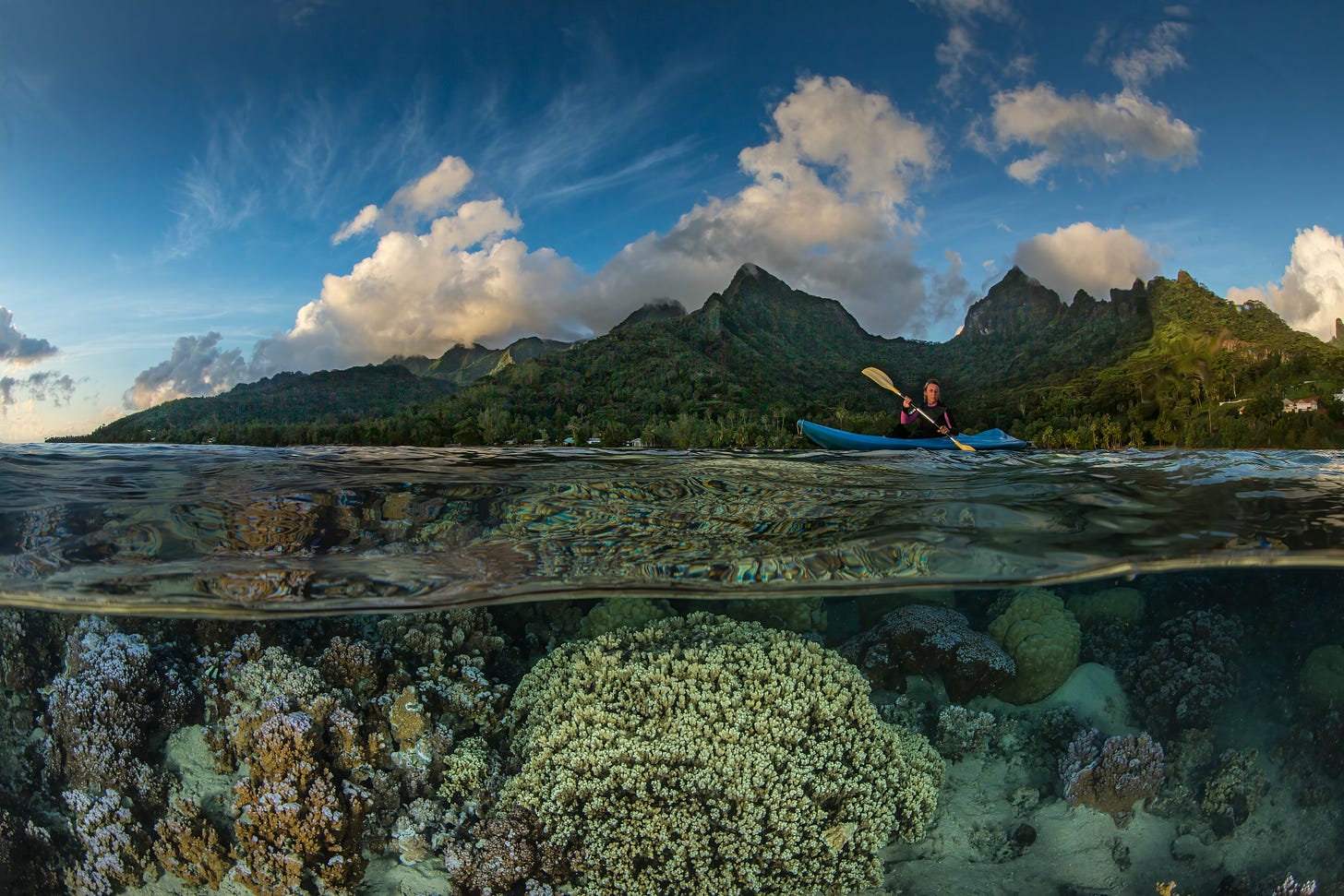
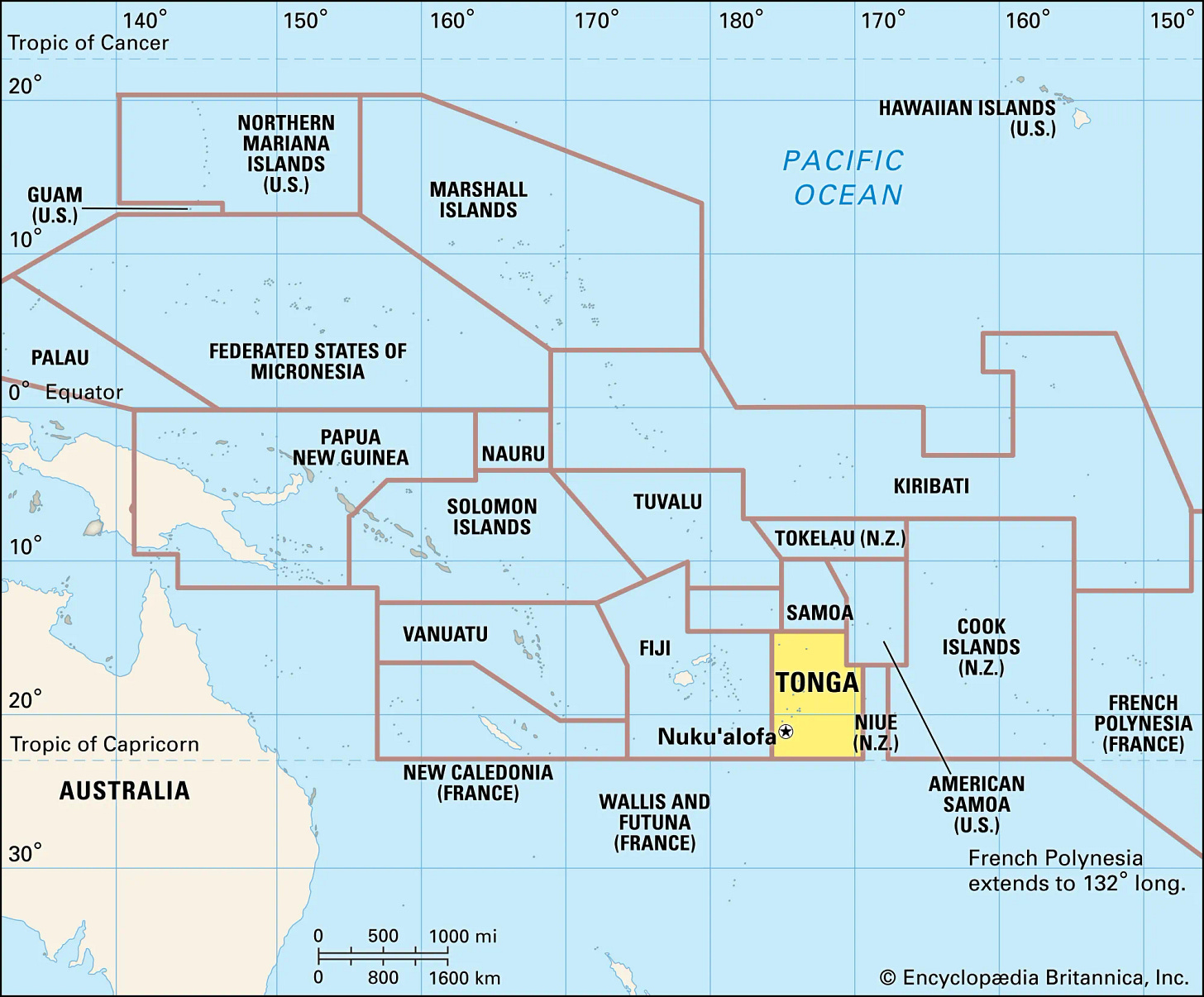
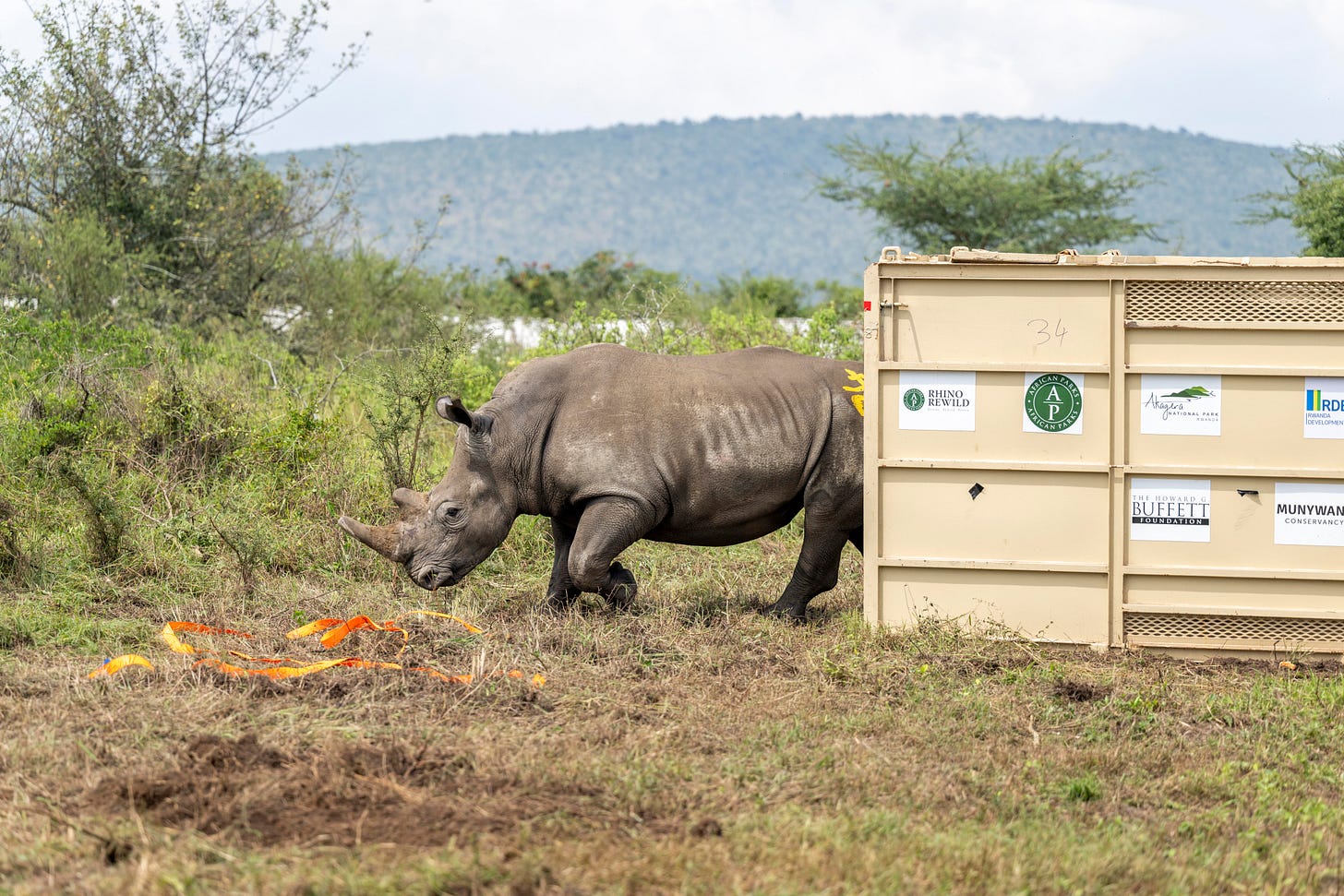
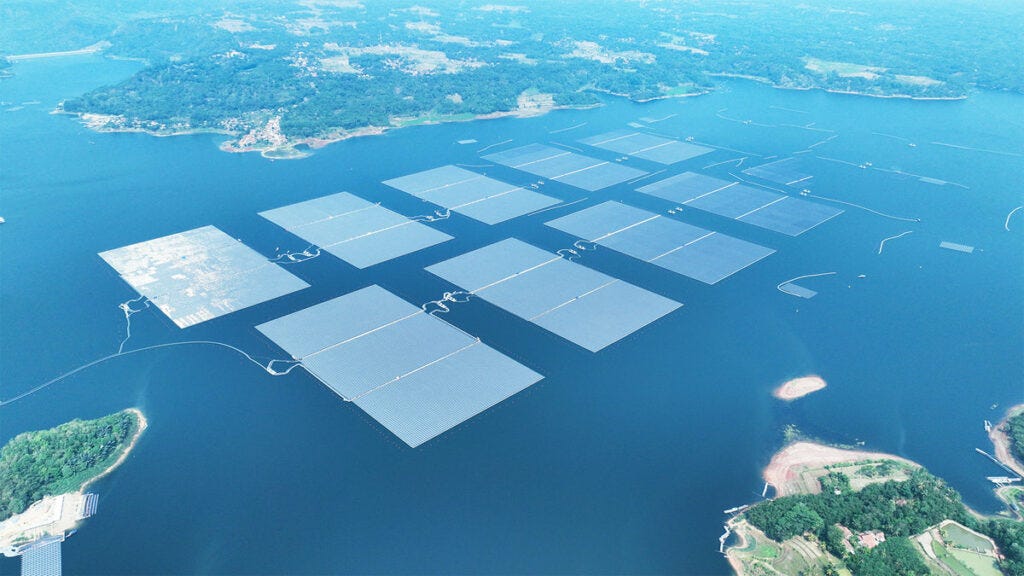

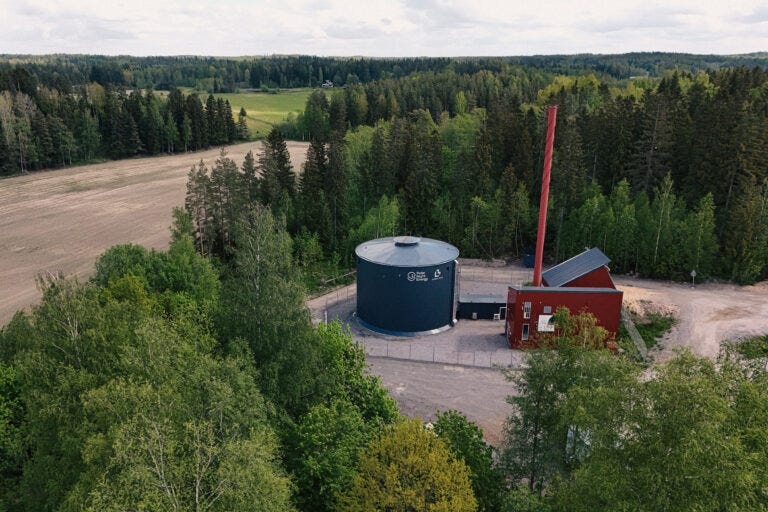
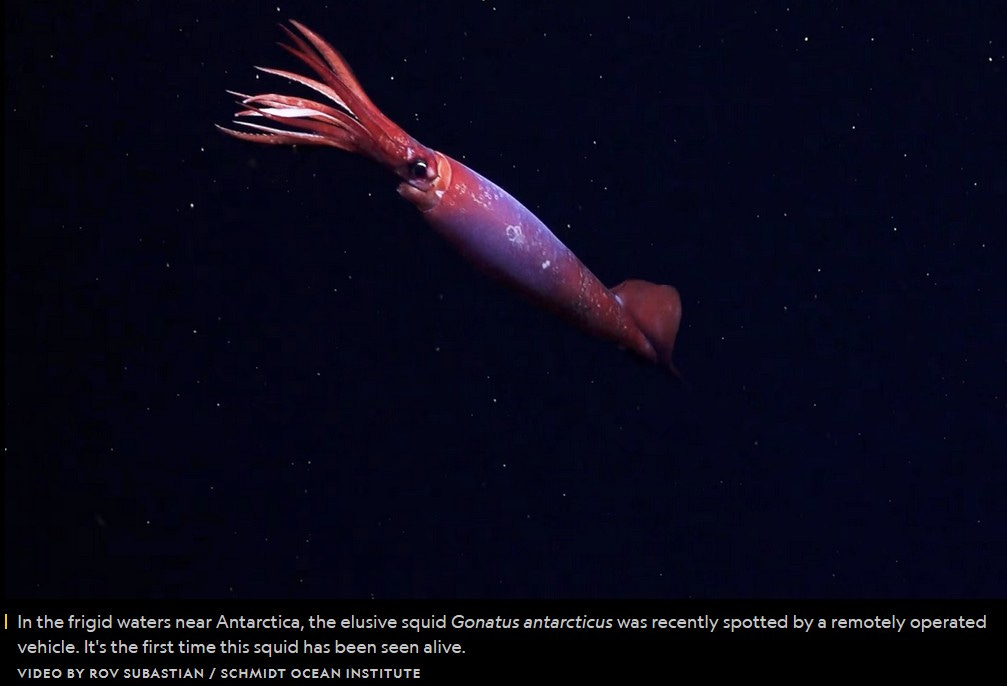


Your column is so informative and brings us all some hope. May God Bless.